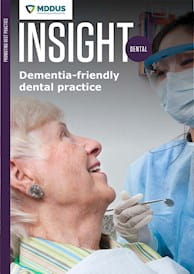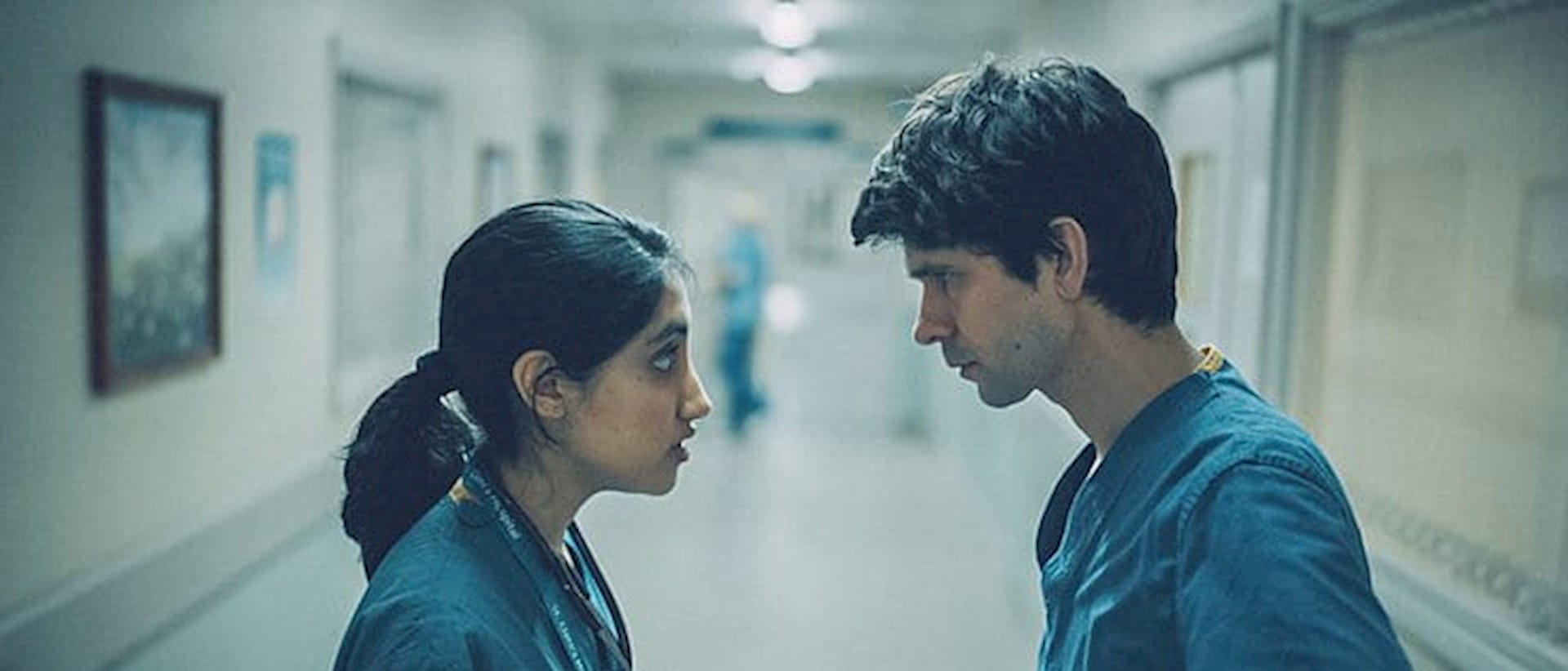IT is estimated that over 700,000 people a year around the world take their own lives – that equates to one person every 40 seconds. The World Health Organisation (WHO) estimates that for every suicide, there are likely 20 other people making a suicide attempt.
September 10 was World Suicide Prevention Day, which focusses attention on suicide in order to raise awareness among individuals, organisations and governments – to reduce stigma and to give the clear message that suicide can be prevented.
From recent media reports and our own experiences, we all know that healthcare professionals are very much at risk. The NHS recognises the urgent need for suicide prevention and postvention. Doctors and nurses are twice and four times as likely (respectively) to die by suicide compared with people working in other professions in the UK. A 2019 survey of more than 2,000 UK dentists by the British Dental Association found high levels of stress and burnout, with 17.6 per cent saying they had suicidal thoughts.
Professor Dame Clare Gerada, president of the Royal College of GPs, has been vocal for many years about suicide prevention and postvention. She has written that while suicide is a difficult subject to talk about, we must not shun it or hide it away in secrecy. We need to understand the individual and system triggers. We must address the overwork, the sense of overwhelming pressure, the culture of the healthcare system and the way clinical incidents and clinicians are investigated. We must remember those doctors and other health practitioners who have died as a result of suicide.
There are signs that the system is changing. New guidance from NHS England recommends that the NHS should focus on learning from patient safety incidents rather than looking to blame individuals. The Health Services Safety Investigations Body (HSSIB) will become an arm’s length body of the Department of Health and Social Care (DHSC) in April 2023 to ensure investigations are impartial and without blame, and solely to learn.
However, there is much work to do. The 2021 NHS national staff survey found that over a quarter of staff do not feel secure raising concerns about unsafe clinical practice. Over the year in review, almost a half (46.8 per cent) of staff felt unwell as a result of work-related stress and more than half (54.5 per cent) of staff went to work despite not feeling well enough to perform their duties.
“Creating hope through action” is the triennial theme for the World Suicide Prevention Day from 2021 to 2023. This theme seeks to reiterate that there is an alternative to suicide and inspire us to do what we can to share this message.
“By creating hope through action, we can signal to people experiencing suicidal thoughts that there is hope and that we care and want to support them. It also suggests that our actions, no matter how big or small, may provide hope to those who are struggling. [It] highlights the importance of setting suicide prevention as a priority public health agenda by countries, particularly where access to mental health services and availability of evidence-based interventions are already low. Building on this theme and spreading this message over the three years, a world can be envisioned where suicides are not so prevalent… We can all encourage understanding about the issue, reach in to people who are struggling, and share our experiences.”
One person who has shared his experience is Professor John Gibson, who established the charity The Canmore Trust following the death of his son Cameron, a veterinary surgeon. In this edition of Insight, Professor Gibson tells us more about his action in response – One man walking, a million talking.
Across the country, trees are being planted to get us talking about and keep us remembering the impact of suicide. The Shruti tree was planted last month, making it the first national memorial to health workers. The tree is named after a character who took her life in the hit television adaptation of Adam Kay’s bestseller This is going to hurt. The plaque beside the tree reads: "In memory of healthcare professionals who have died by suicide.”
We became healthcare professionals to heal, not to be hurt. The plaque further reminds us all: “Take care of those who take care of others."
Main image: actors Ambika Mod (Shruti) and Ben Whishaw (Adam) in BBC adaptation of Adam Kay's memoir, This is going to hurt. Image: BBC
Additional resources
- MDDUS offers a free and confidential support service to our members that is available 24/7. Experienced healthcare professionals are only a phone call away and able to lend a helpful, supportive hand for dealing with life’s challenges.
- Details of other support services can be found on the MDDUS wellbeing and mental health webpage.
This page was correct at the time of publication. Any guidance is intended as general guidance for members only. If you are a member and need specific advice relating to your own circumstances, please contact one of our advisers.
Read more from this issue of Insight Dental

Save this article
Save this article to a list of favourite articles which members can access in their account.
Save to library

